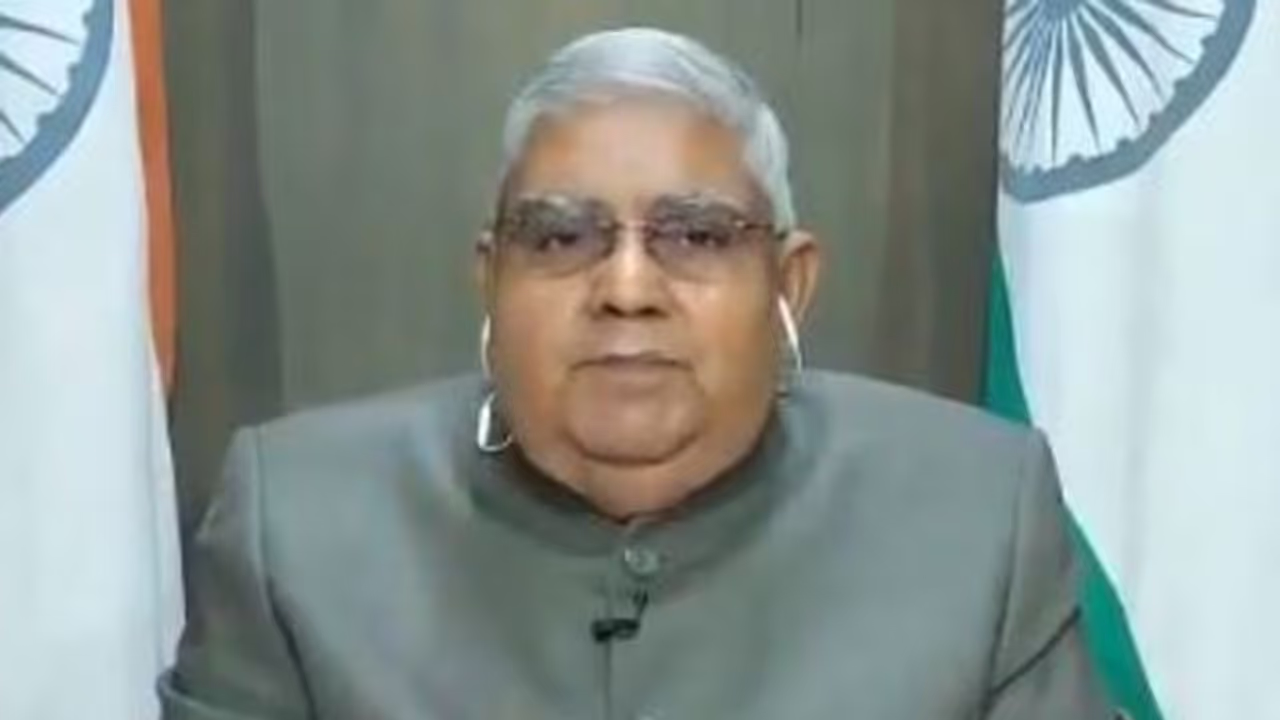Prorogation is discontinuing a session of the Parliament or a legislative assembly without dissolving it. There are two provisions in the Constitution that deal with a Governor’s power to summon, prorogue and dissolve an Assembly.
West Bengal Governor prorogued the Assembly session of the state Legislature on Saturday with effect from February 12 after exercising power vested with him under Article 174 of the Constitution.

“In exercise of the powers conferred upon me by sub-clause (a) of clause (2) of article 174 of the Constitution, I, Jagdeep Dhankhar, Governor of the State of West Bengal, hereby prorogue the West Bengal Legislative Assembly with effect from 12 February, 2022,” the Governor said.
What is prorogation?
Prorogation is discontinuing a session of the Parliament or a legislative assembly without dissolving it. There are two provisions in the Constitution that deal with a Governor’s power to summon, prorogue and dissolve an Assembly.
Constitution on a Governor’s power
Under Article 174, a Governor shall summon the House at a time and place, as she or he thinks fit. Article 174 (2) (a) says a Governor may from “time to time” prorogue the House and 174 (2) (b) allows her or him to dissolve the Legislative Assembly.
Article 163 says the governor shall exercise her or his functions with the aid and advice of the council of ministers. But it also adds that she or he would not need their advice if the Constitution requires her or him to carry out any function at her/his discretion.
Usually, the two Articles — 174 and 163 — are read together to outline the Governor’s powers in summoning, proroguing or dissolving the House.
Following this, the state government will have to take permission from the Governor to commence the next session of the Assembly and it would have to begin with a speech by him. There is no record in the recent memory regarding a Governor proroguing a session of the Assembly without the consent of the Speaker of Assembly or the Chief Minister of the state.
What led Governor to prorogue Assembly session?
Last week, West Bengal Chief Minister Mamata Banerjee blocked Governor Jagdeep Dhankhar on Twitter. She said she was “forced” to do so because of his “unethical and unconstitutional” statements and accused him of treating government officials like “his servants”. Dhankhar responded with a series of tweets on the “essence and spirit of democracy” and saying the CM’s move was “against constitutional norms”.
Envisaged although as an apolitical head who must act on the advice of the council of ministers, the Governor enjoys certain powers granted under the Constitution, such as giving or withholding assent to a Bill passed by the state legislature, or determining the time needed for a party to prove its majority, or which party must be called first do so, generally after a hung verdict in an election.
However, there are, no provisions laid down for the manner in which the Governor and the state must engage publicly when there is a difference of opinion. The management of differences has traditionally been guided by respect for each other’s boundaries.
